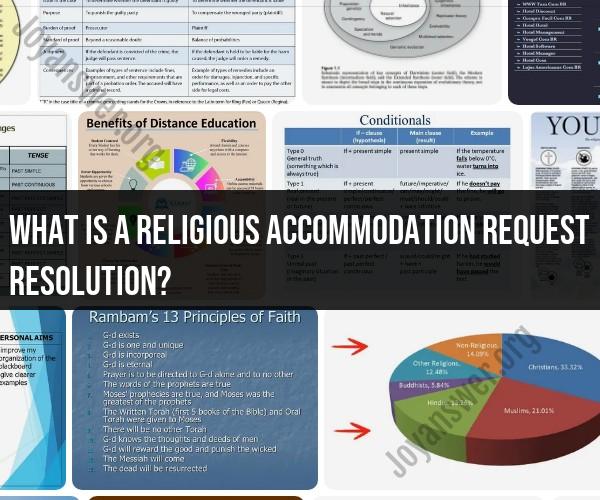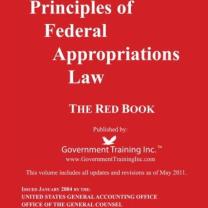What is a religious accommodation request resolution?
Religious accommodation requests present organizations and institutions with a unique challenge – balancing the rights of individuals to practice their faith with the need to maintain operational efficiency and uphold other policies. This article explores strategies for resolving religious accommodation requests while finding common ground between religious freedom and organizational requirements.
Open Communication:
Active Listening: Begin by actively listening to the individual's religious accommodation request. This helps in understanding their specific needs, beliefs, and the rationale behind their request.
Dialogue: Engage in a respectful and open dialogue with the individual. Encourage them to explain how the accommodation would align with their faith and why it's essential to them.
Assessment of the Request:
Evaluate the Impact: Assess the potential impact of granting the religious accommodation request on the organization. Consider factors such as cost, workflow disruption, and safety.
Reasonable Accommodation: Seek to provide reasonable accommodations that respect both the individual's religious beliefs and the organization's ability to function effectively.
Legal Compliance:
Familiarize with Laws: Ensure that you are well-versed in relevant religious accommodation laws, such as the U.S. Civil Rights Act or the Canadian Human Rights Act, to make informed decisions and avoid potential legal issues.
Non-Discrimination: Uphold principles of non-discrimination. Avoid making decisions based on stereotypes or biases related to the individual's religion.
Alternative Solutions:
Explore Alternatives: When accommodating the original request is not feasible, consider alternative solutions. Collaborate with the individual to find compromises that satisfy their religious needs while minimizing disruption.
Temporary Solutions: Temporary accommodations may be an option while working towards a more permanent solution.
Documentation:
- Record Keeping: Maintain thorough documentation of all religious accommodation requests, decisions, and discussions. This documentation can be invaluable if legal issues arise later.
Appeal Process:
- Establish Clear Procedures: Have a well-defined appeal process for individuals who are dissatisfied with the initial accommodation decision. Ensure transparency and fairness in the appeal process.
Training and Education:
Employee Training: Provide training to employees and managers on religious accommodation policies and procedures. This helps in preventing misunderstandings and biases.
Promote Awareness: Promote cultural and religious awareness within the organization to foster an inclusive and respectful environment.
Seek Legal Advice:
- Consult Legal Counsel: In complex cases or when there is uncertainty about how to proceed, consider seeking legal advice to ensure compliance with relevant laws.
Regular Review:
- Periodic Review: Regularly review and update religious accommodation policies and practices to adapt to changing circumstances or legal developments.
Mediation:
- Third-Party Mediation: In situations where finding common ground seems challenging, consider engaging a third-party mediator to facilitate discussions and resolution.
Resolving religious accommodation requests involves a delicate balance between respecting an individual's religious freedom and upholding organizational policies and operational needs. By engaging in open communication, considering alternative solutions, and adhering to legal requirements, organizations can often find common ground that respects both the individual's faith and the organization's mission. Striving for a harmonious resolution promotes diversity and inclusion within the workplace or community while minimizing potential conflicts.












